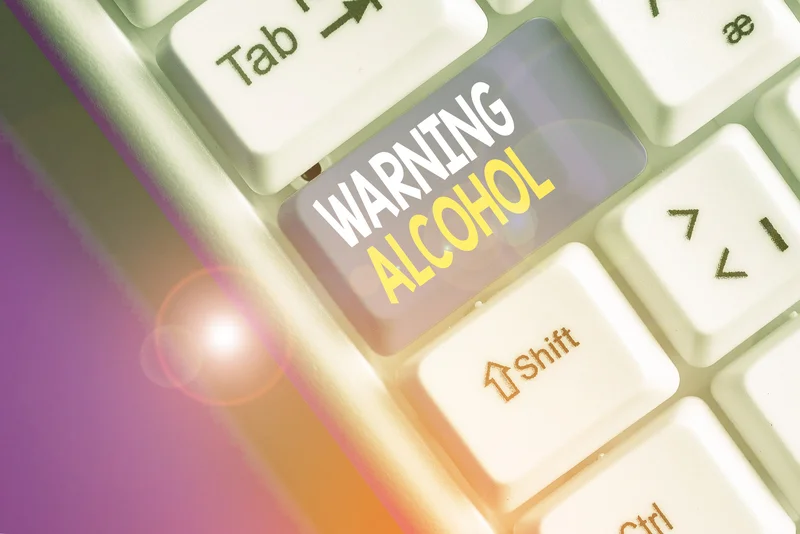
Engagement in spiritual practices aligns well with therapeutic goals, promoting a comprehensive and effective pathway to recovery from addiction. Thankfully, nurturing a daily gratitude practice is simple, and it can gratitude in recovery be woven into your day-to-day life. It starts with a mindset shift, and a concerted effort to think more positively. The good news is that gratitude is a mental outlook that can be developed and strengthened over time.
- Furthermore, focusing on the positive aspects of the present moment and future outlook helps those working through trauma by reorienting away from negative thoughts or memories.
- Having the opportunity to pursue recovery can be a cause for gratitude.
- However, no matter how you come by it, practicing gratitude in your daily life can transform it from one of doom and gloom to one of peace and joy.
The Importance of Developing a Growth Mindset in Sobriety
- When that muscle grows strong enough, we will reflexively notice the good, and we will see something’s benefits before its real or imaginary drawbacks and limitations.
- With this article, we hope to give you a better understanding of how this happens and help you in your recovery.
- Discover four triggers for relapse in recovery and learn how to navigate the path to lasting sobriety.
- Gratitude strengthens your recovery, ushering in joy, peace and selflessness that will empower your journey and positively impact, even inspire, your loved ones.
- This is essential as individuals often need to mend strained connections after a period of substance use.
Gratitude fosters feelings of security and connectedness, both internally and externally. This sense of belonging can significantly improve an individual’s resilience in facing everyday challenges during recovery. Another way to express gratitude is to write thank-you notes to the people who have made a difference in your life. Instead of focusing on material possessions this holiday season, these nine tips can help you practice gratitude in recovery and learn how to be thankful and content with what you already have. Integrating gratitude into your daily life can bring positivity and happiness. It has been proven to be beneficial in addiction recovery, but it can benefit anyone seeking a more fulfilled life.
Take on Challenges with a Positive Mindset
Being able to communicate clearly about your recovery experience and to ask for help when you need it can strengthen relationships and solve problems. We can observe our expectations and attitudes while working Step 10, which we should perform on a daily basis. In active addiction, we struggled with the concept of having enough. Moments of quiet contentment were few and far between because our brain was often demanding alcohol or other drugs, and our addiction gave us little choice in the matter. By integrating gratitude into our programs, we help patients build a strong foundation for lasting recovery. It’s important to understand that the relationship you have with yourself will often be reflected in your relationships with others.

How Gratitude Benefits Mental Health and Brain Function
Such routines help to cultivate a more optimistic mindset, fostering resilience to cope with setbacks or cravings that are common during recovery. Grateful individuals are not only better equipped to handle challenges, but they also find motivation in their support systems—friends and family—who may have been affected by their addiction. In the often-turbulent journey of addiction recovery, feelings of gratitude can play an important role in helping you feel secure and connected. On the one hand, gratitude arises from within, helping you focus on and appreciate your own experiences instead of projecting those experiences outwards onto others. By cultivating an attitude of gratitude for your inner resources and qualities, you give yourself a foundation of strength that can help you weather difficult times. It is easy to feel overwhelmed and pessimistic when living through the challenges of addiction recovery.

How to Create a Long-Term Sobriety Plan
During active addiction, we may have taken friends and family for granted or overlooked the simple pleasures in life. And when we looked for the worst qualities in every situation, we created a self-fulfilling prophecy of negativity. Gratitude is a muscle that develops with training and practice, and when we make a habit of appreciating the better qualities in life, we strengthen that muscle in our mind. When that muscle grows strong enough, we will reflexively notice the good, and we will see something’s benefits before its real or imaginary drawbacks and limitations. It’s an attitude of appreciation where we internally acknowledge the blessings that our life already contains, and we shift our focus away from what we lack.
Symptoms of Teen Internet Addiction
This mindset encourages individuals to rebuild relationships and strengthen their support networks, crucial elements for long-term sobriety. Ultimately, adopting gratitude practices nurtures emotional well-being, aids in reducing relapse risk, and builds the foundation for a Sober living house fulfilling, substance-free life. Gratitude plays a vital role in addiction recovery, acting as a cornerstone for fostering a positive mindset. It helps counteract the prevalent negative emotions such as despair and hopelessness, often triggered by addiction.


As individuals continue on their path to recovery, integrating gratitude into daily life can be a powerful ally in sustaining sobriety and finding joy in a newfound way of living. In the journey of recovering from addiction, gratitude stands as a vital ally. It elevates mental and emotional well-being, reinforces personal strengths, and fosters a strong sense of community.
How Cognitive Behavioral Therapy Helps in Addiction Treatment

If you are in recovery, you have accomplished so much just by being sober or trying to get sober. Thank yourself for showing up each day to try again, to grow, to face challenges, and to work on being the best version of yourself. Often, those in recovery forget to show gratitude to themselves for all they have overcome and accomplished. One way is to begin journaling about the things in your life that you are grateful for right now.
Drug Trafficking Statistics
Cultivating gratitude and a positive attitude is an important aspect of recovery. It can help you divert your attention away from substance use to focus on what fulfills you. Using a bulletin board or poster board, put pictures, graphics, or words that help you remember what you’re grateful for in life. For example, putting a picture of your dog or children on the board will remind you each day that they are both things to be grateful for.













